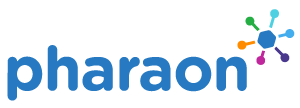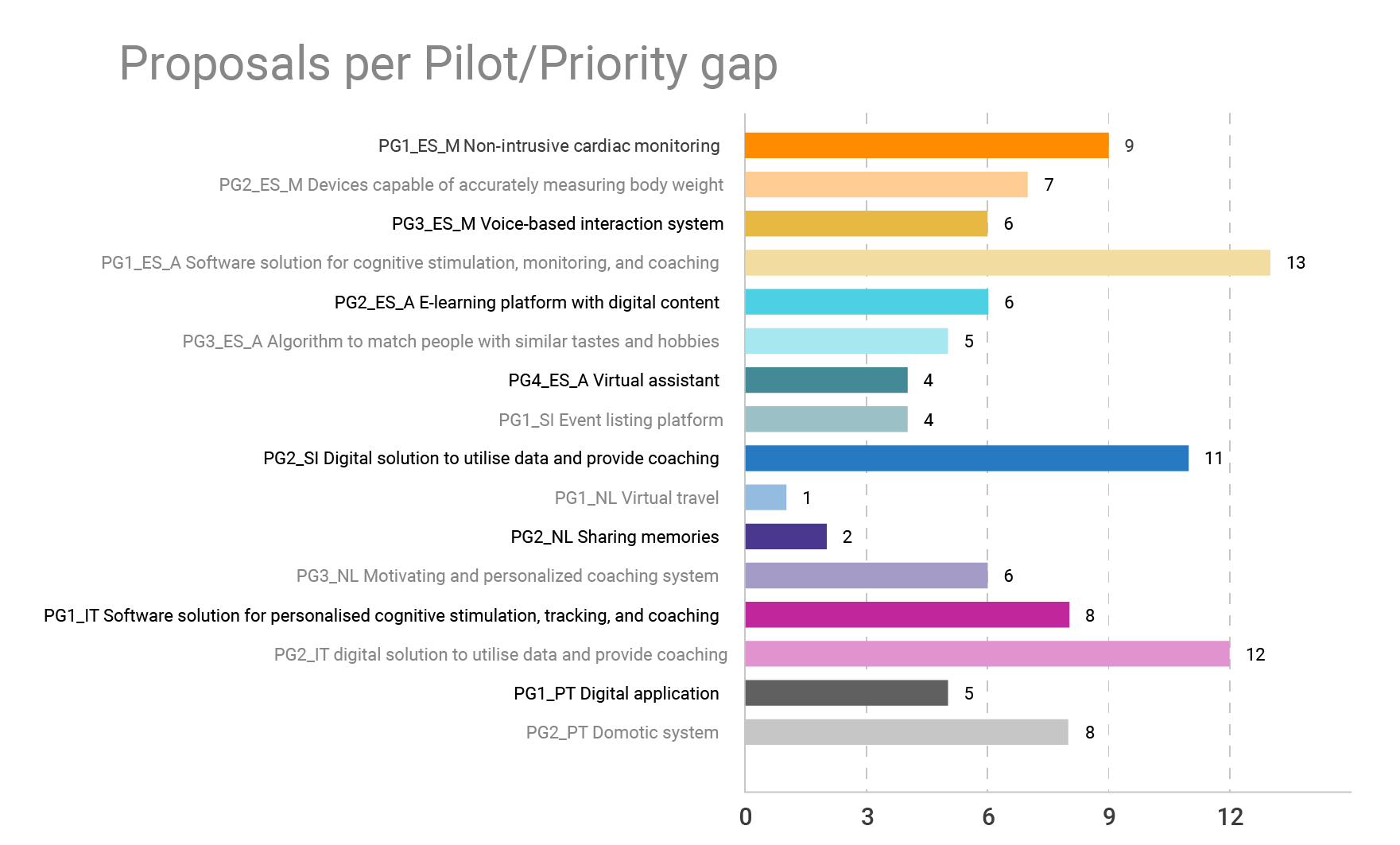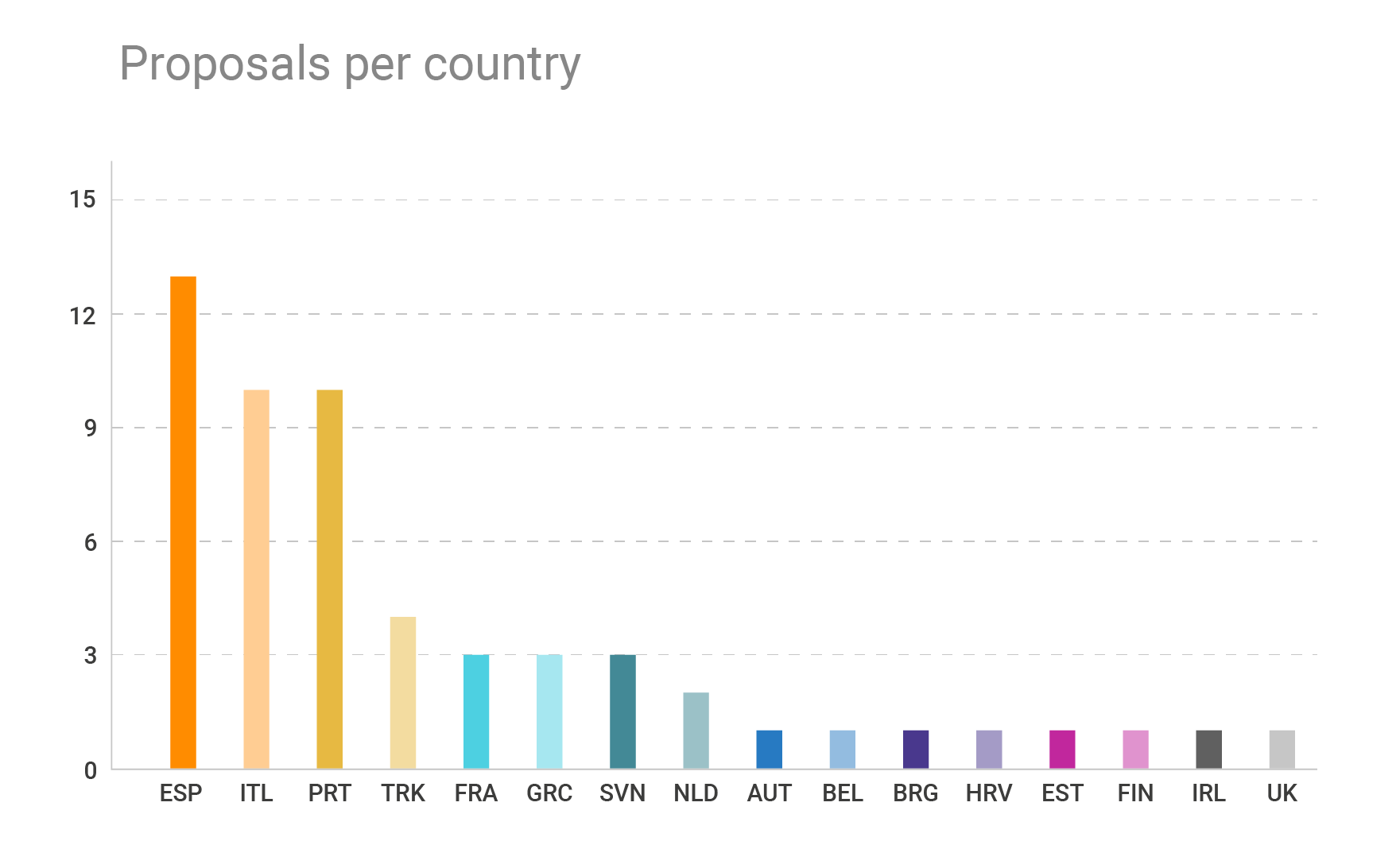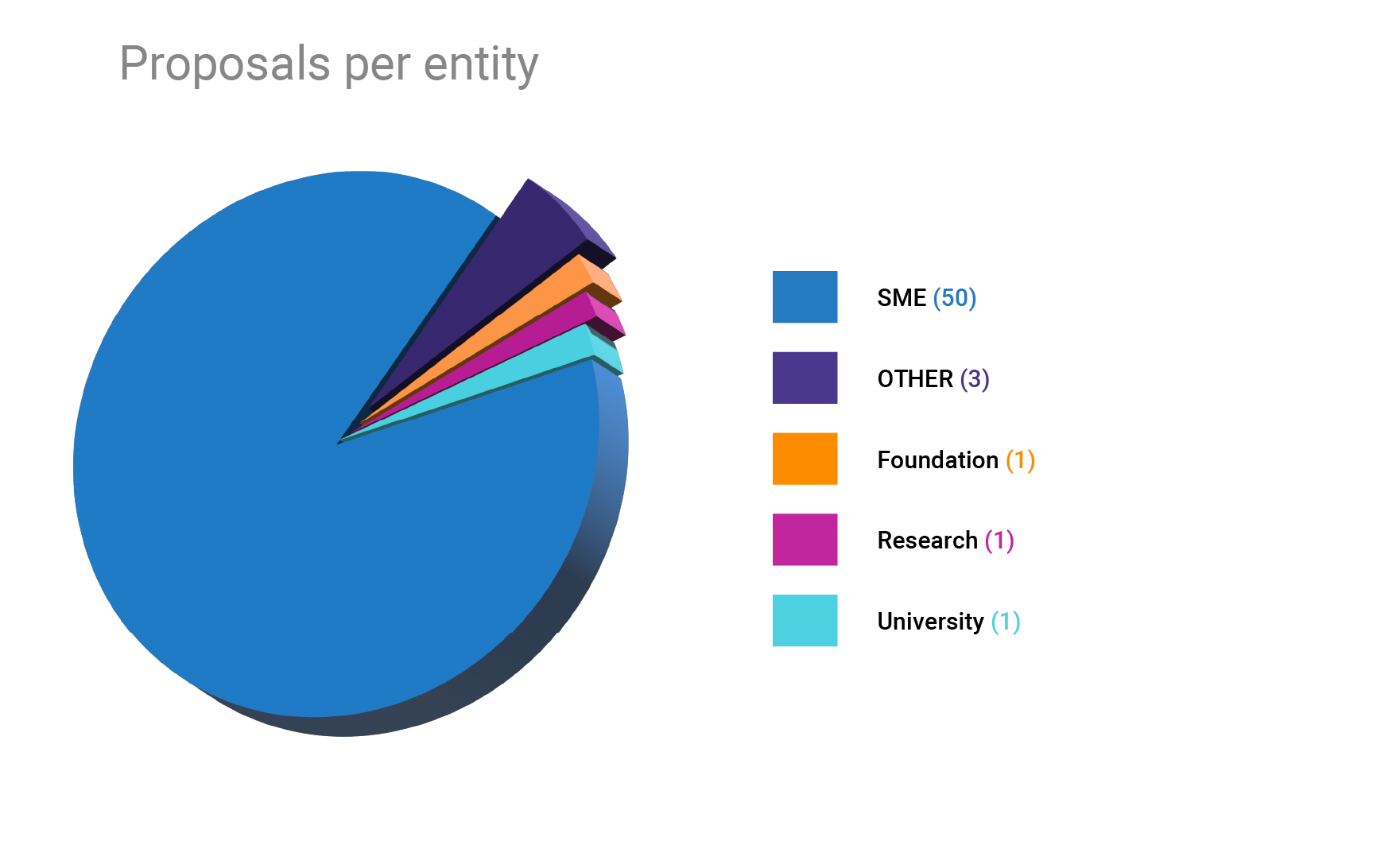We would like to thank all applicants for their interest and participation in our First Pharaon Open Call. Having completed the evaluation, we are pleased to present results of the call.
The Pilots for Healthy and Active Ageing (Pharaon) is a Horizon 2020 project to improve the dignity, independence, and wellbeing of older adults by providing enhanced smart and active living solutions. The project has created a set of customizable and interoperable platforms that provide advanced services, devices, robotics, IoT tools, artificial intelligence, data management, cloud computing, smart wearables, and analytics. The Pharaon platforms are built on mature state-of-the-art open platforms and already integrate existing technologies. The purpose of this call is to strengthen the open platforms by filling ecosystem needs and adding new technologies to support older adults as well as their formal and informal caregivers.
Relevant Information
The project is focused on existing and mature technologies that can be modified, integrated, and demonstrated during the piloting phase of the project. There are 6 pilots spread across 5 countries and each pilot has different use cases and needs, providing an opportunity to show the strength of the Pharaon platforms under real and varying conditions. The Pharaon consortium has created the initial platforms and provides a set of solutions that meet the basic needs of each pilot site.
This open call is an opportunity for other solution providers to contribute their technologies to the project, demonstrating that their solutions are compatible with the Pharaon open platform and supporting the ongoing development and refinement of the overall Pharaon ecosystem.
Applicants:
– SMEs, and Micro SMEs
– Web entrepreneurs and individual sole-traders
– Industrial organisations
Call opening: 01.10.2021
Deadline (extended): 14.01.2022, 17:00 CET
Project duration: 6 months
Budget: 1.000.000 EUR (20 grants of up to EUR 50,000 each)
In case of any question please contact the Pharaon Open Call team: opencall@pharaon.eu
Open Call Webinar
Watch our Pharaon First Open Call – Informative Webinar, held on 4th November 2021 to learn more about the call, the pilot sites, the platform, and gaps to fill in by potential applicants.
Pharaon First Open Call – Informative Webinar Video
Pharaon First First Open Call – Informative Webinar Presentation
First Open Call
Background
The first Pharaon Open Call will fund individual applications (e.g., not consortia) with mature digital solutions that are ready to be integrated into the Pharaon platforms. Solutions must be aligned to resolve the needs of one or more of the Pilot sites or provide specified additional requested functionality. All solutions must conform to at least one of the Pharaon Pilot Challenges (PCHs) applicable to the pilot site(s) the Third-party project seeks to address. The PCHs are:
- PCH1 – The behaviour and the approach of elderly to friendly technological devices,
- PCH2 – Health status definition and its progress over time,
- PCH3 – Non-Intrusive Monitoring and Alarm Triggering,
- PCH4 – Promote social cohesion,
- PCH5 – Define specific personalized care plan on the basis of user´s needs,
- PCH6 – Reduce isolation and loneliness, enhancing the autonomy through connectivity and digital tools,
- PCH7 – Promote accessibility and the provision of proximity services through the use of IT platforms,
- PCH8 – Promote capacity building and awareness on green economy, citizenship and cultural traditions,
- PCH9 – Indoor Environmental Quality,
- PCH10 – Support to caregivers towards more efficient and personalized care services.




